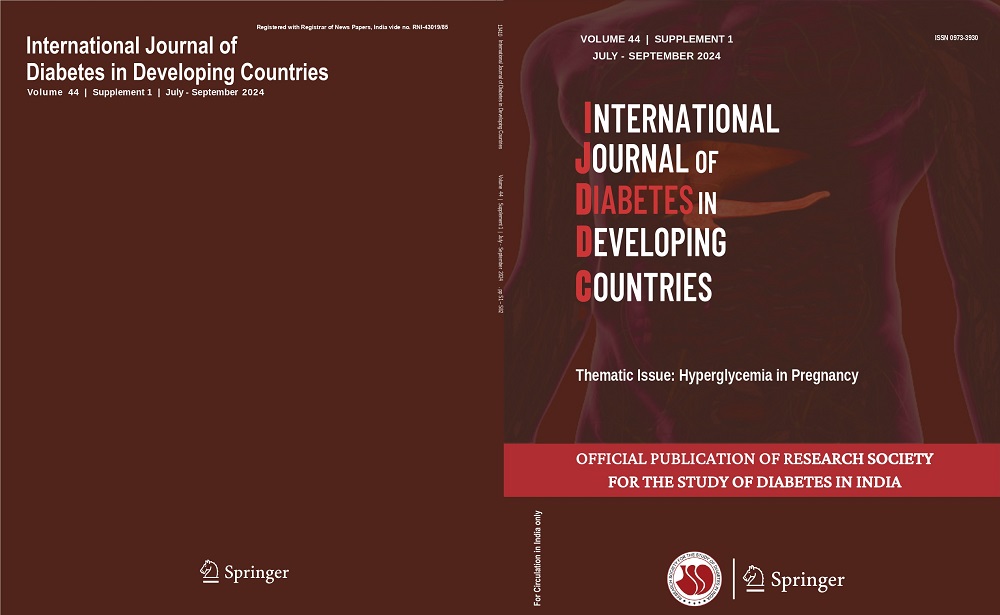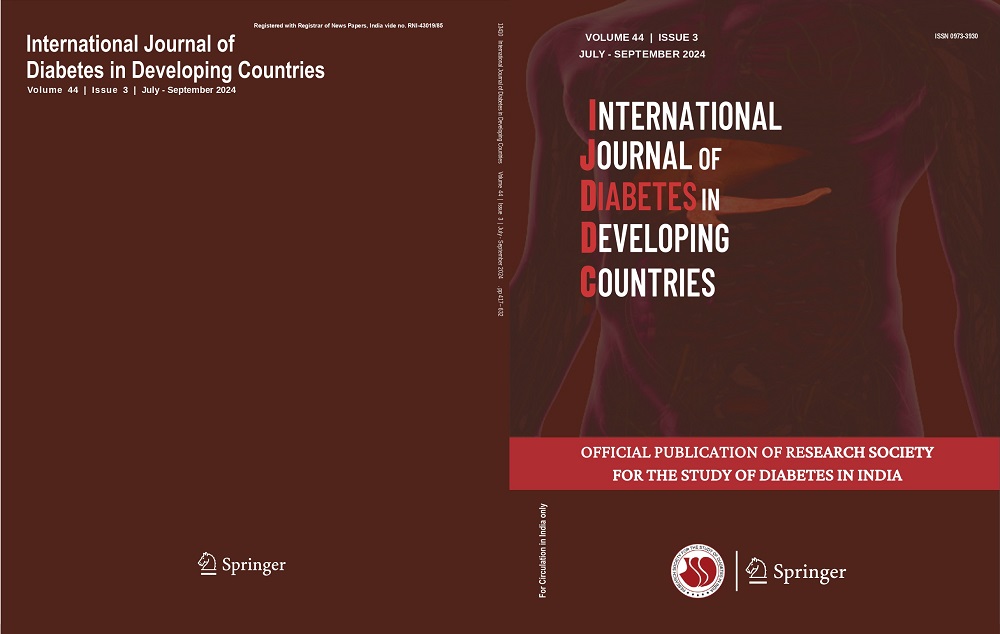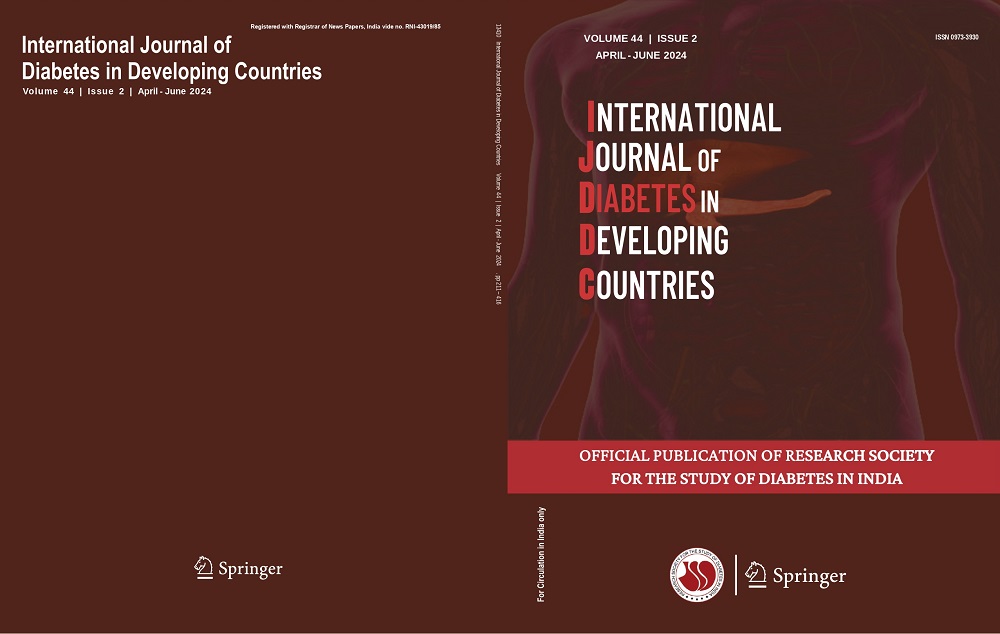SahikaSimsek-Cetinkaya, GltenKoc
Keywords
Smartphone-based • Gestational diabetes mellitus • Nursing • Self-care
Abstract
Background Gestational diabetes mellitus (GDM) is a health problem that threatens maternal and infant health with increasing prevalence in the world. Patient education is very effective in managing the disease.
Aim In this study, we aimed to investigate the effect of a smartphone-based nursing counseling and feedback system on physical activity, glycemic control, and patient satisfaction among women with GDM.
Design This was a single-center, randomized controlled study. Women with GDM were randomized to the intervention and control groups. The groups received (1) routine biweekly prenatal care (control group) or (2) counseling and feedback from the nurse via a platform installed on their smartphone (smartphone group) in addition to routine clinical care.
Results A total of 45 GDM patients were randomly assigned to either the control (n = 22) or intervention groups (n = 23). Women in the intervention group received a mobile and web-based counseling program in addition to standard care. GDM knowledge, physical activity, and adherence to diet were higher in the intervention group compared to the control group (p < .05). There was no difference between the groups in terms of glucose level (p > .05). This study concluded that the mobile and web-based nursing counseling program increased patient satisfaction.
Conclusion Nursing counseling and feedback provided via smartphone is important as a factor in the individualization of care. It increased the physical activity status of women, facilitated their adherence to diet, increased patient satisfaction, and reduced the rate of insulin therapy. No effect was found on blood glucose values.




